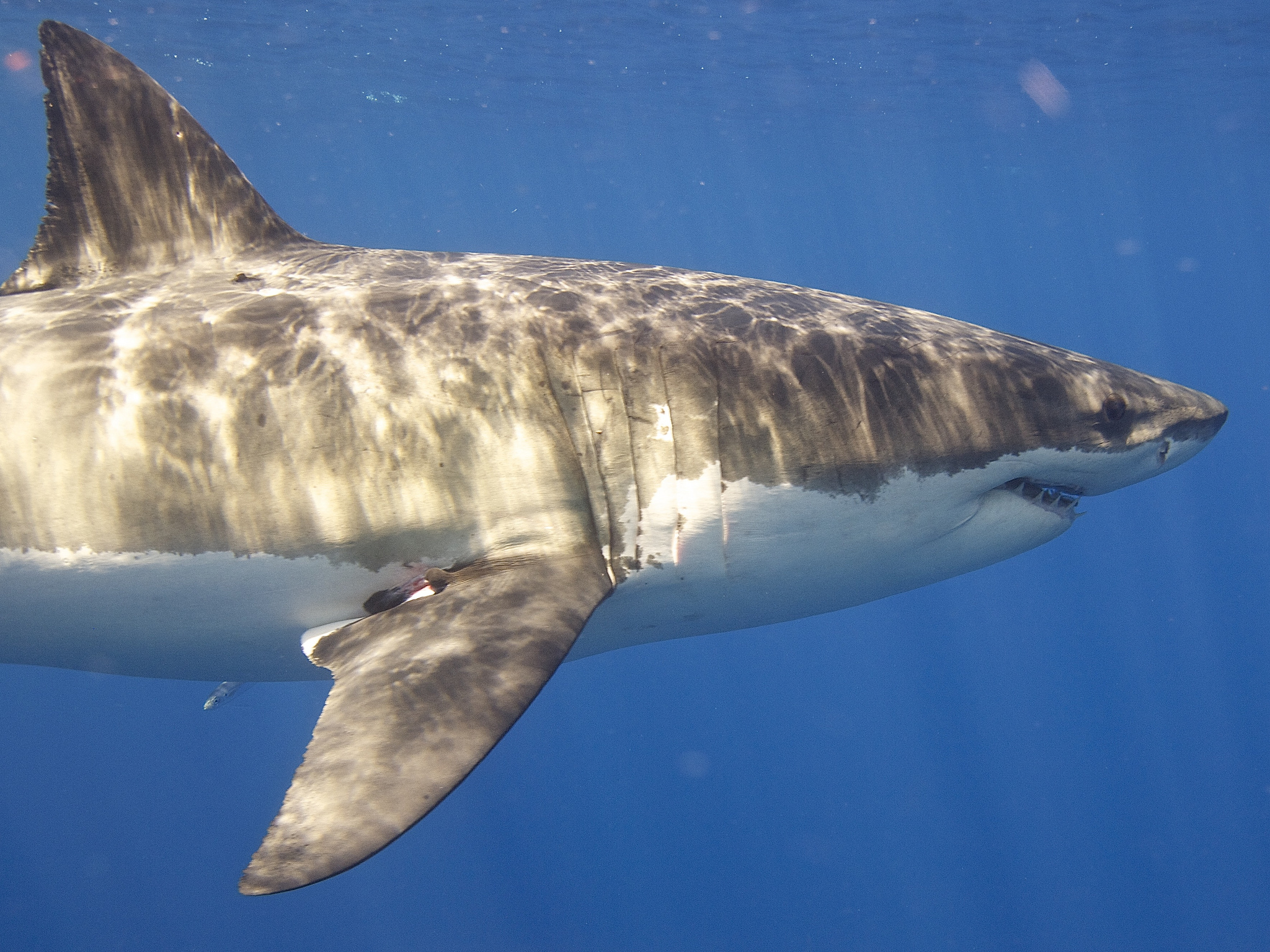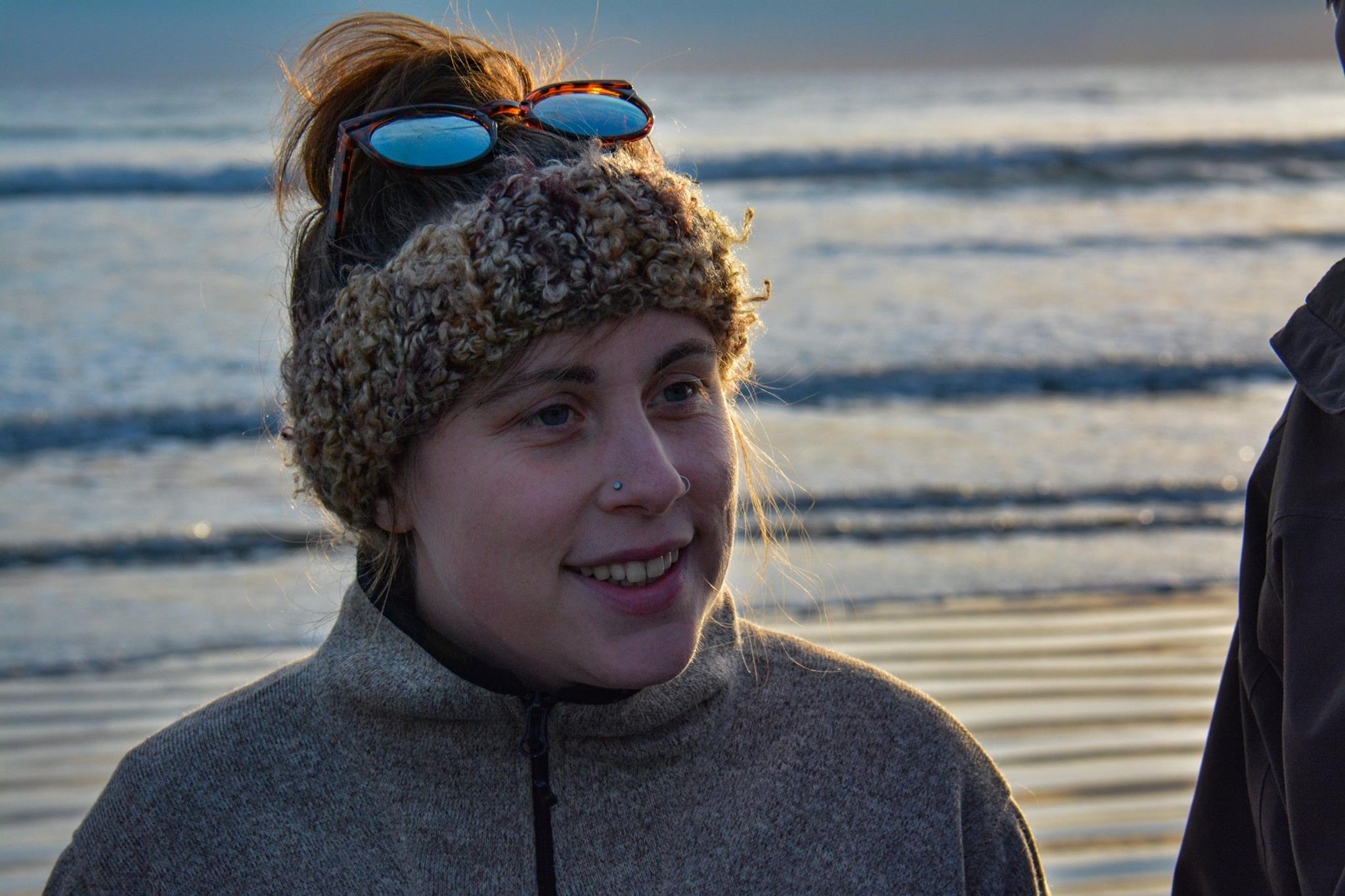Public speaking is an intimidating feat for pretty much everyone.
I am an extrovert who actively strives to listen more than talk (usually unsuccessfully…) while in conversation with any number of people, and yet I have a strong physical aversion to speaking in front of an audience in a professional setting. In part, this is because describing your science in a way that is accessible not only to other researchers but to a generalist, non-scientific audience is surprisingly tough. For example, terms that I use every day like gear, landings, discards, and exclusive economic zone are considered jargon to people who do not work with or study fisheries.
To a scientist, using common words in place of jargon seems imprecise and sensationalist. Science communication is difficult in any forum but can be almost impossible when you are in front of an audience and the immobilizing effects of the “fight or flight” response begin to eclipse your confidence.
Here’s a quick anecdote from a recent such experience of my own:
A couple weekends ago, I gave a three-minute talk on my research at the Pacific Ecology and Evolution Conference in Bamfield, on the West Coast of Vancouver Island. Before the presentations began, I was feeling fairly confident; I am doing cool research, and even if people don’t understand how I’m building my model there are pretty shark pictures on my slide, and who doesn’t love sharks? As the first hour of talks proceeded, however, I began to doubt everything; everyone else does field research… my research isn’t anchored in the Pacific Ocean, but this is a PACIFIC conference… I don’t have my methods sections memorized… my conclusions are completely sensationalized and overblown… the woman presenting directly before me studies amphibians, which are the most threatened group of vertebrates, whereas Chondrichthyans (sharks, skates, rays, and chimaeras) are only the second most threatened group of vertebrates…

Great White Shark. Photo by Elias Levy, Flickr
As I stood at the front being introduced, I noticed people sneaking into the room last minute, filling up the standing space. My body was overly warm but I was also shivering. I began: “Every year, people kill and eat sharks at 15 million times the rate that sharks kill and eat humans. In other words, it would take at least 15 million years for sharks to kill as many people as people kill sharks! Our overfishing has pushed 1 in 4 sharks to the brink of extinction and now they are the second most threatened group of vertebrates after amphibians *nod to the woman who presented before me*…”
Then something completely unexpected hit me like a ton of bricks: The audience laughed. This had never happened in any of my 20+ practice talks to the wall and it took a good full minute of silence to recover (okay, it wasn’t actually a minute, I was told after that it was about 6 seconds). During this painful pause, I felt like my safest route to recovery was probably to sprint through the audience to the bathroom for a solo-cry session. Instead, I remembered a line from the second paragraph of my talk and just blurted that out instead, completely out of context. The talk ended abruptly about a minute and a half later. I’m still not sure what I ended up saying and I spent the rest of the day fighting self-loathing that was bubbling in my gut.
It wasn’t until the following day when the keynote speaker, Dr. Isabelle Côté, lectured us on the importance of mental health in academia and the notoriously insidious Imposter Phenomenon (a condition in which one cannot internalize success and instead feels like a fraud) that I realized what had really happened.
This was my first time presenting my Master’s research to strangers and the fear of failure had taken over. As soon as I began to blank on my next sentence, all the insecurities of inadequacy in my field were confirmed. A seemingly trivial verbal stumble in a presentation had momentarily defined me. It sounds dramatic but in that moment, it was very real. In fact, a common aspect of the Imposter Phenomenon is that failures hold more weight than successes in one’s profile of oneself. It is a problem most prevalent for over-achieving individuals, especially women. Hmm…sounds familiar.
To combat this confounded self-image, Dr. Côté gave some helpful tips, one of which really stuck with me. When people discuss the Imposter Phenomenon, they often recommend changing your mindset, but this can be a difficult and lengthy process. Instead, she suggested incorporating concrete improvements to work habits, my favourite of which is having a “success jar”. I now have two jars on my desk, one for successes and one for failures. Every time I succeed or fail, I write it down and drop it into the appropriate jar. As Dr. Côté promised, my successes are accumulating much more rapidly than my failures; in fact, it’s now 4:0.
One of my four successes in these two weeks since the conference is that I successfully presented my three-minute talk at the Three Minute Thesis Competition, held at the Beaty Biodiversity Museum. I said everything I meant to and my generalist audience asked wonderfully relevant and insightful questions, an indication, perhaps, that I effectively communicated my science.
What do you think?


